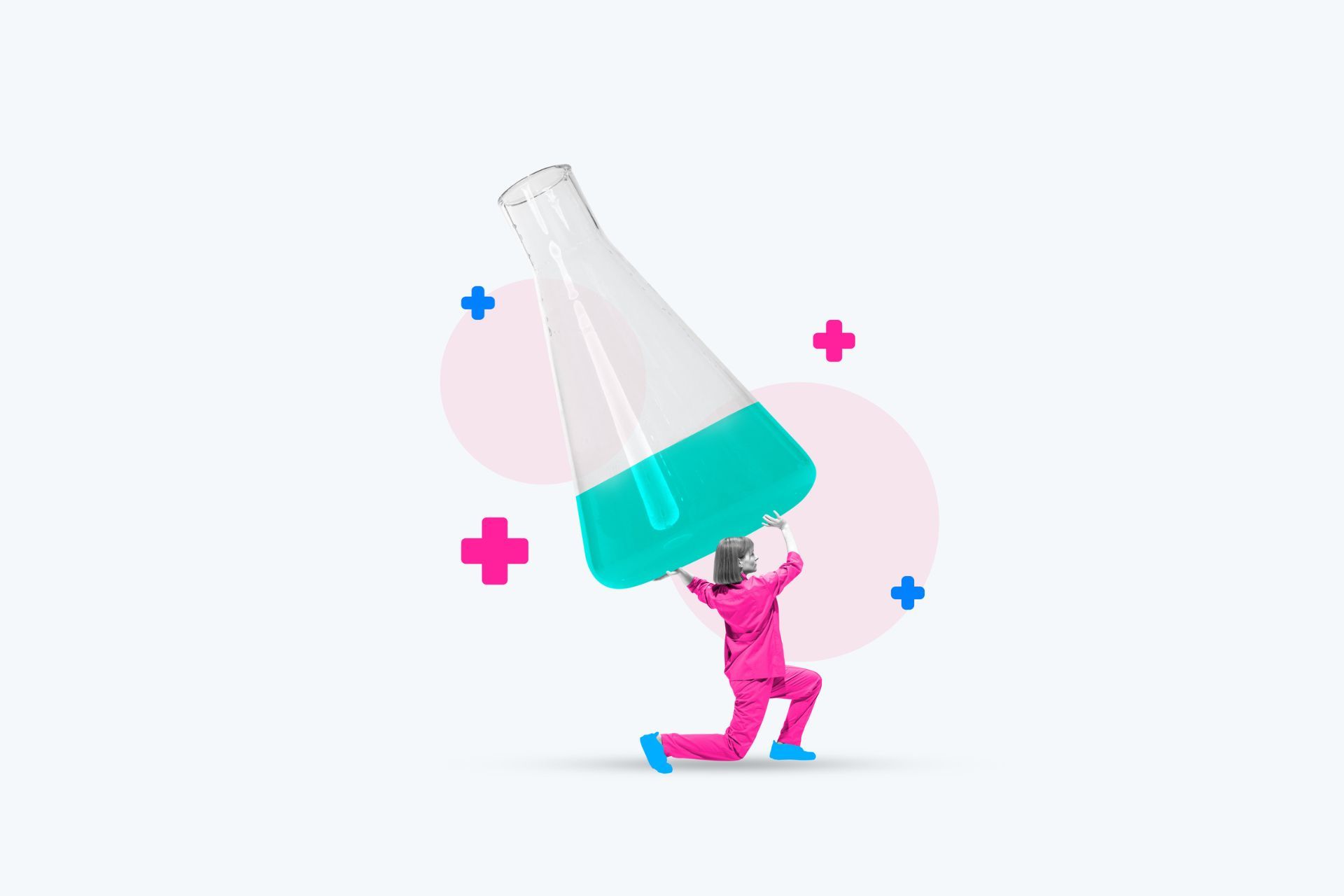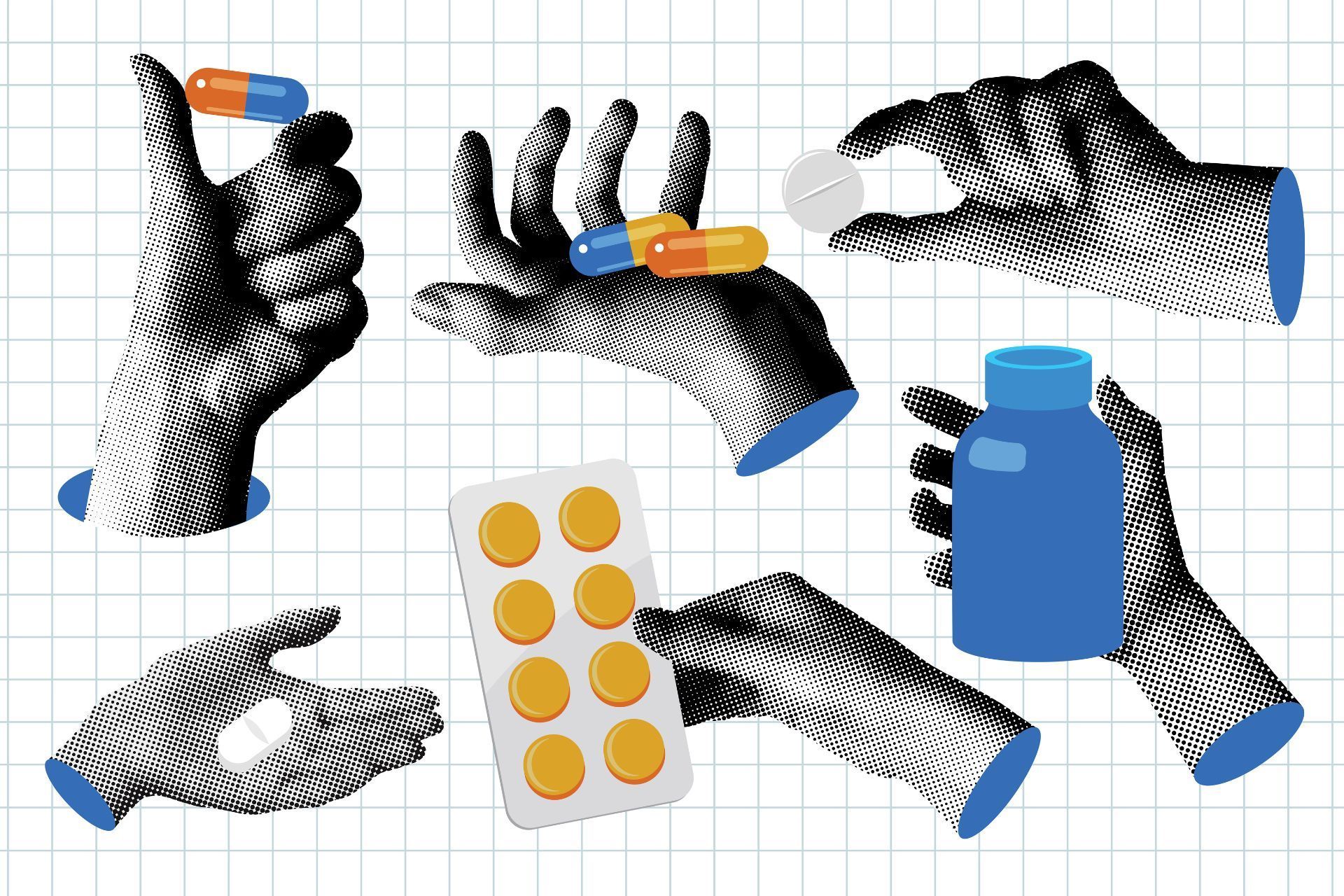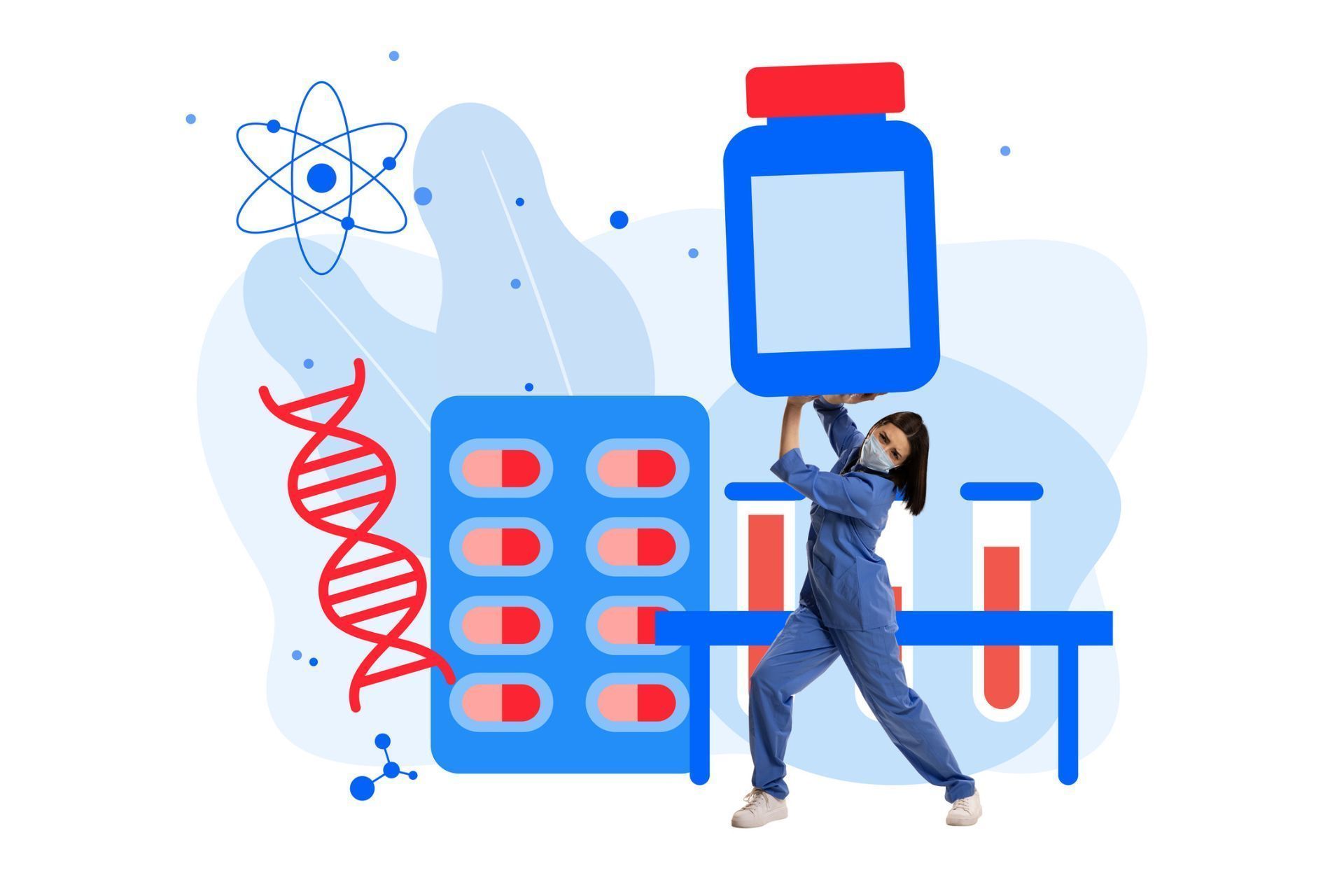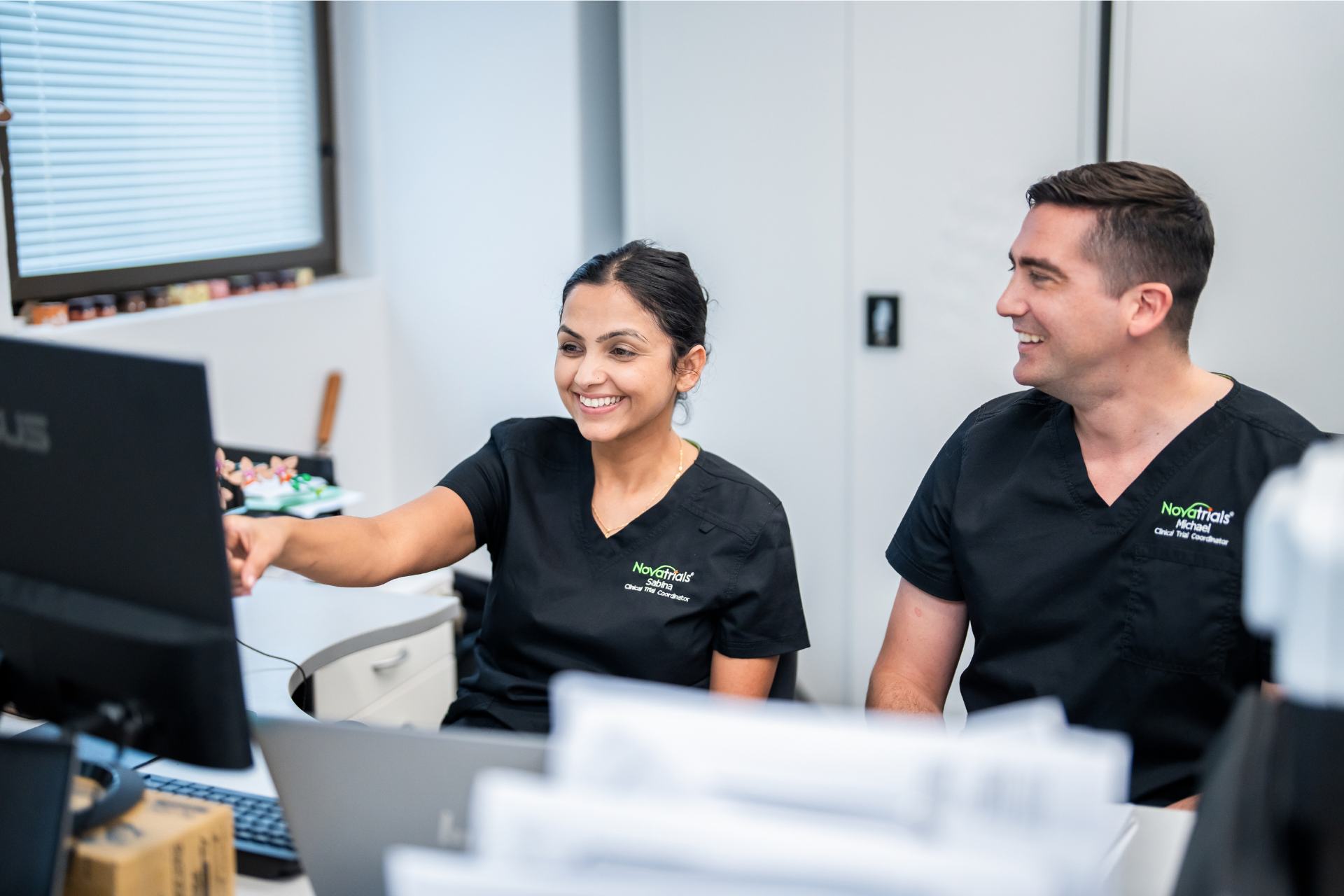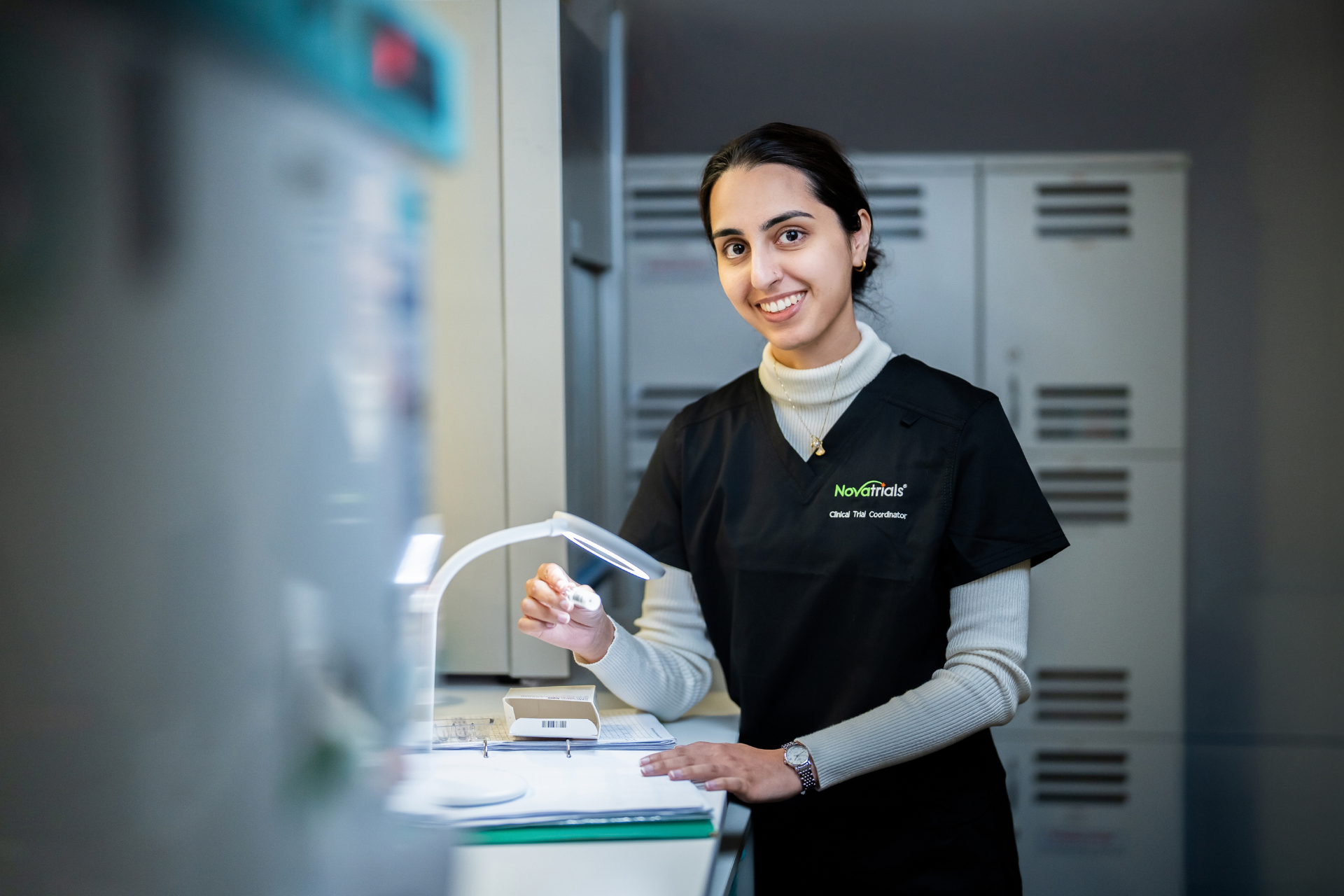What is a Phase 1 Clinical Trial?
30 September 2025
What is a Phase 1 Clinical Trial?
If you've ever wondered how new medicines make their way from the laboratory to your local chemist, clinical trials are a crucial part of that journey. Let's explore Phase 1 clinical trials – the very first step in testing potential new treatments in humans.
The Basics: What Happens in Phase 1?
Think of Phase 1 clinical trials as the "getting to know" phase between researchers and a new treatment. After years of testing in laboratories and on animals, scientists are ready to see how a potential medicine behaves in real people for the very first time.
The primary goal isn't to cure diseases just yet – it's to answer some fundamental questions: Is this treatment safe? What's the right dose? How does the human body process it? What side effects might occur?
Phase 1 trials can be split into Phase 1a studies which only give participants a single dose (or cycle) of a treatment, and phase 1b studies which consist of multiple doses (or cycles) over a longer period.
Who Takes Part?
Phase 1 trials typically involve small groups of people, usually between 15 to 30 participants. Sometimes these start in healthy volunteers and later extend into patients who have the condition the treatment is designed to help.
Every participant is carefully screened to ensure they're suitable for the study, and they receive thorough information about what's involved before deciding whether to participate.
Safety First
Patient safety is absolutely paramount in Phase 1 trials. Participants are monitored incredibly closely – think regular check-ups, blood tests, and detailed tracking of how they're feeling, often overnight. The research team starts with very small doses and gradually increases them, watching carefully for any concerning reactions.
If worrying side effects appear, the trial can be paused or stopped immediately. There are also independent ethics committees and regulatory bodies like the
Therapeutic Goods Administration
(TGA) overseeing every aspect of the research.
What This Means for Future Patients
While Phase 1 trials don't typically provide direct medical benefits to participants, they're absolutely essential for medical progress. The information gathered helps researchers determine whether a treatment should move forward to Phase 2 trials, where they'll test whether it actually works against diseases.
Many of today's life-saving treatments – from cancer therapies to vaccines – began their journey in Phase 1 trials. Without volunteers willing to participate in these early studies, medical breakthroughs simply wouldn't happen.
Understanding clinical trials helps us appreciate the careful, methodical process that ensures the medicines we rely on are both safe and effective.

